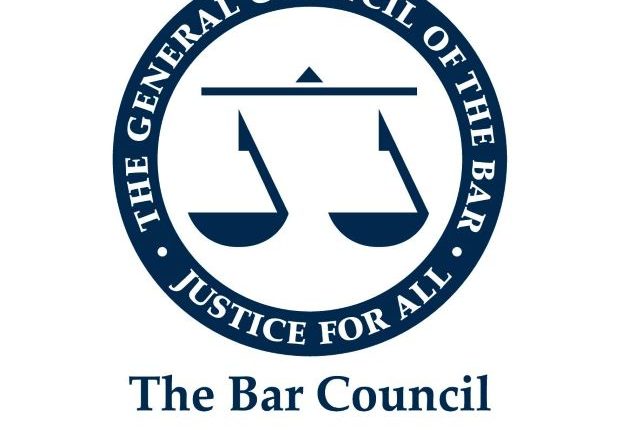COLOMBO – The Bar Council of England and Wales has called on Sri Lanka rulers to respect the independence of the judiciary, in the wake of judges being called before a Parliament panel following an order on releasing funds for a local election.
A three-judge bench earlier this month issued an interim order to the Attorney-General and to the Secretary to the Treasury to refrain from withholding funds for the elections to the country’s local authorities.
However, the Treasury is yet to provide the allocated funds to hold an election, effectively delaying it indefinitely, after President Ranil Wickremesinghe as finance minister set up a priority list for spending.
Instead of carrying out the order, judges are to be called before a Parliament committee.
The UN Basic Principles on the Independence of the Judiciary state that “it is the duty of all governmental and other institutions to respect and observe the independence of the judiciary”, and “there shall not be any inappropriate or unwarranted interference with the judicial process, nor shall judicial decisions by the courts be subject to revision, the Bar Council of England and Wales said.
Chair of the Bar Council of England and Wales, Nick Vineall KC in the statement: “We hope that the parliamentary authorities in Sri Lanka will reconsider most carefully the appropriateness of questioning Supreme Court Judges before a parliamentary committee, and we similarly hope that the Sri Lankan government will consider most carefully whether it can be ever be right to encourage disobedience to court orders”
The statement in full:
Bar Council statement on judicial independence in Sri Lanka
Elections to Sri Lanka’s Local Authorities are supposed to have taken place by 19 March 2023. The Sri Lankan Parliament has allocated funds through the National Budget, but release of the funds has been blocked despite requests from the Elections Commission. On 3 March 2023 a three-judge bench of the Sri Lankan Supreme Court issued an interim order to the Attorney-General and to the Secretary to the Treasury to refrain from withholding funds for the elections to the country’s local authorities.
The Speaker of the Sri Lankan Parliament has recently accepted a request to refer the conduct of the three Supreme Court judges to the Sri Lankan Parliamentary Committee on Ethics and Privileges, and on 10 March the Sri Lankan State Minister of Finance Shehan Semasinghe told Parliament that “it is a serious offence to implement the interim order before hearing the privilege issue by the Parliamentary Committee on Ethics and Privileges.” The Minister then requested the Deputy Speaker to advise all relevant authorities not to act on matters relating to the polls until the said Parliamentary Committee concludes its inquiry on the matter. The parliamentary authorities have now written to the Court Registry asking for a copy of the interim order to be placed before the Committee on Privileges on 22 March 2023.
The UN Basic Principles on the Independence of the Judiciary state that “it is the duty of all governmental and other institutions to respect and observe the independence of the judiciary” and “there shall not be any inappropriate or unwarranted interference with the judicial process, nor shall judicial decisions by the courts be subject to revision.”
Chair of the Bar Council of England and Wales, Nick Vineall KC, said: “An independent judiciary is an essential and integral part of the rule of law. So too is the principle that governments comply with court orders.
“We hope that the parliamentary authorities in Sri Lanka will reconsider most carefully the appropriateness of questioning Supreme Court Judges before a parliamentary committee, and we similarly hope that the Sri Lankan government will consider most carefully whether it can be ever be right to encourage disobedience to court orders.”
-economynext.com



Comments are closed, but trackbacks and pingbacks are open.